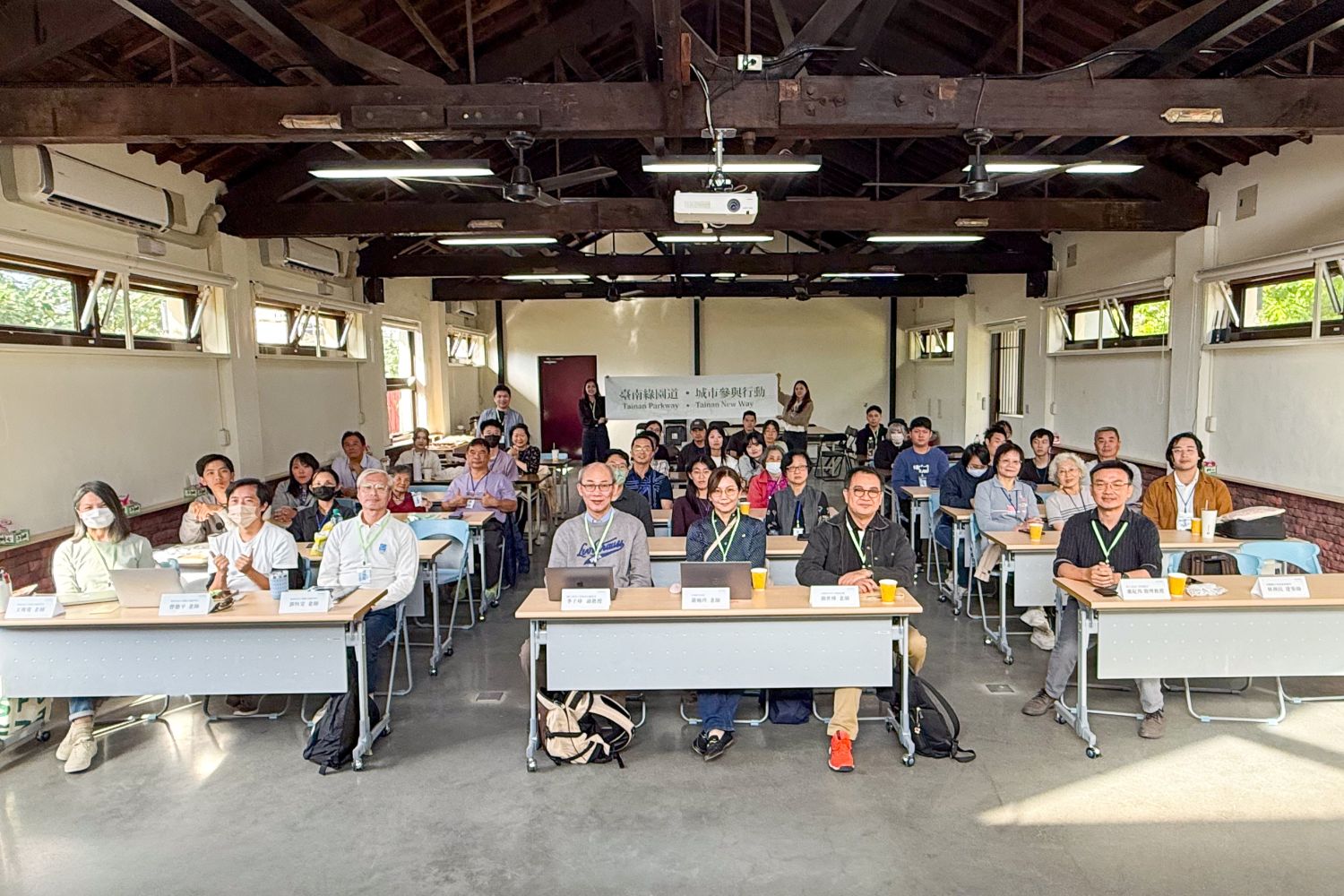NCKU's Archaeology Department and EFEO co-hosted a seminar on the latest trends in collaboration and indigenous archaeology
The opening ceremony on November 15 was led by Vice President Yu-nu Chen, who highlighted the conference's themes, such as social practice, decolonization, and cultural heritage, which align with NCKU's Taiwan Studies initiative. Professors Liu Yichang and Zhong Guofeng have long championed indigenous voices in archaeology, emphasizing the continuity of indigenous culture and the recognition of cultural heritage rights.
The first keynote lecture was delivered by Joe Watkins, an international expert in indigenous archaeology, who reflected on the field's origins, current practices, and shared insights from his 25 years of research.
Over the two-day conference, participants visited NCKU’s Taiwan Studies exhibition, "Maritime Exchanges—Taiwan’s Formation," which showcased archaeological findings that illuminate Taiwan's historical evolution.
Following the success of the "Asia-Pacific Indigenous Archaeology and Cultural Heritage Conference" in 2023, this year's expanded event attracted more international scholars and indigenous representatives. Key topics discussed included the contributions of indigenous archaeology, collaboration between archaeologists and indigenous communities, the integration of traditional knowledge, and the ethical challenges surrounding the preservation and repatriation of sites and remains. The importance of involving indigenous students in archaeological and heritage studies was also emphasized.
On November 16, scholars visited the Ji Bei Shua tribe in Tainan, guided by Duan kun Hong, Chairman of the Siraya Tribe Development Association, to learn about the tribe's culture, beliefs, and the revitalization of Siraya culture. They also toured the Southern Taiwan Science Park Archaeological Museum, where they explored the region's archaeological history and engaged in discussions on museum-indigenous heritage relations.
This conference not only fostered academic exchange but also promoted the sustainable development of indigenous cultural heritage practices in Taiwan. Through this collaboration, NCKU and EFEO aim to create a long-term international platform for dialogue between indigenous communities and archaeologists, blending traditional knowledge with modern science to ensure the preservation of indigenous heritage in Taiwan and the Pacific region.
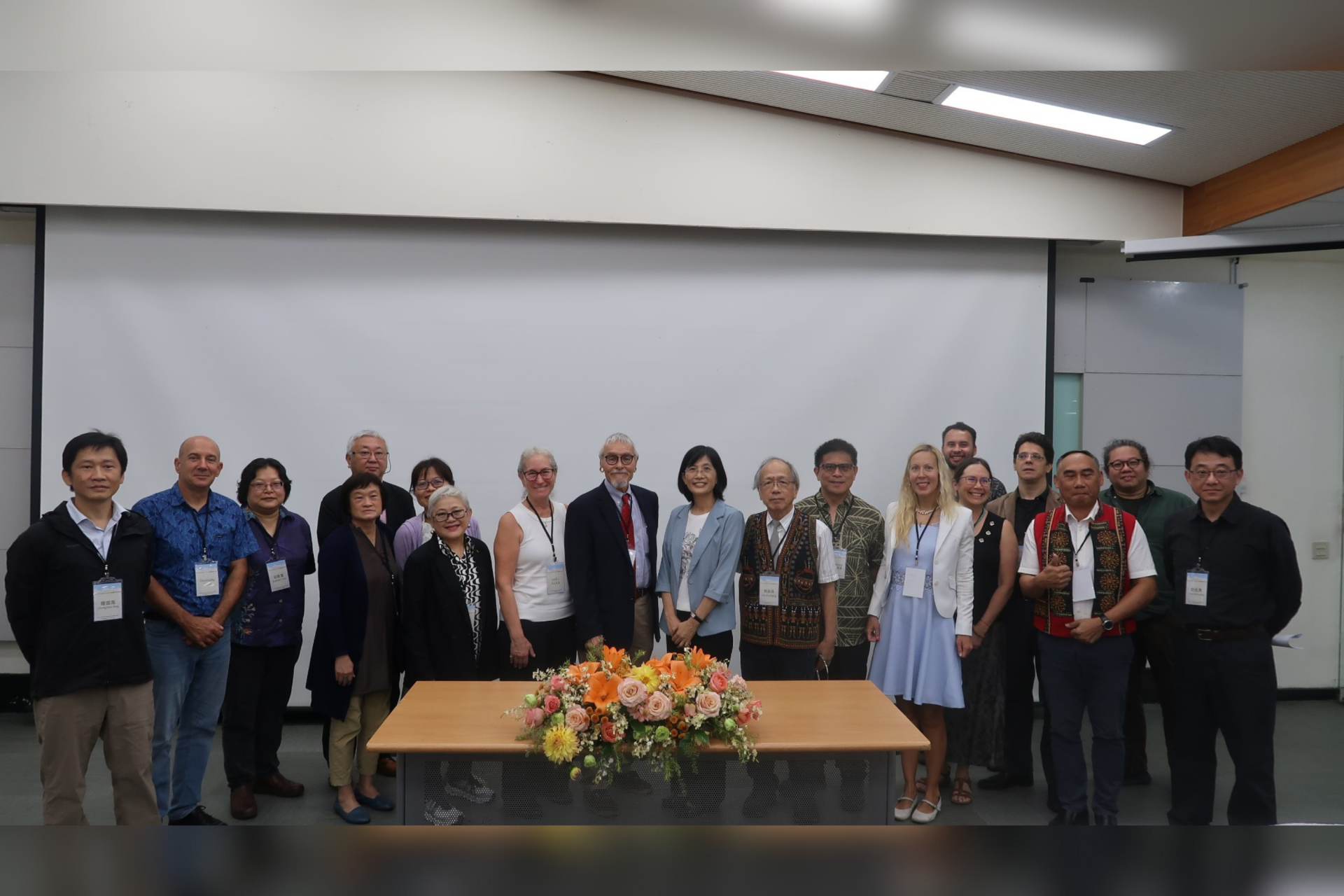
The Department of Archaeology at National Cheng Kung University (NCKU) and the French School of Asian Studies (EFEO) held the "2024 Pan-Pacific Indigenous Archaeology International Conference" from November 15 to 16, 2024, at the NCKU International Conference Hall on the Guangfu campus. The event gathered scholars and Indigenous representatives from Taiwan, North America, Asia, and the Pan-Pacific region.
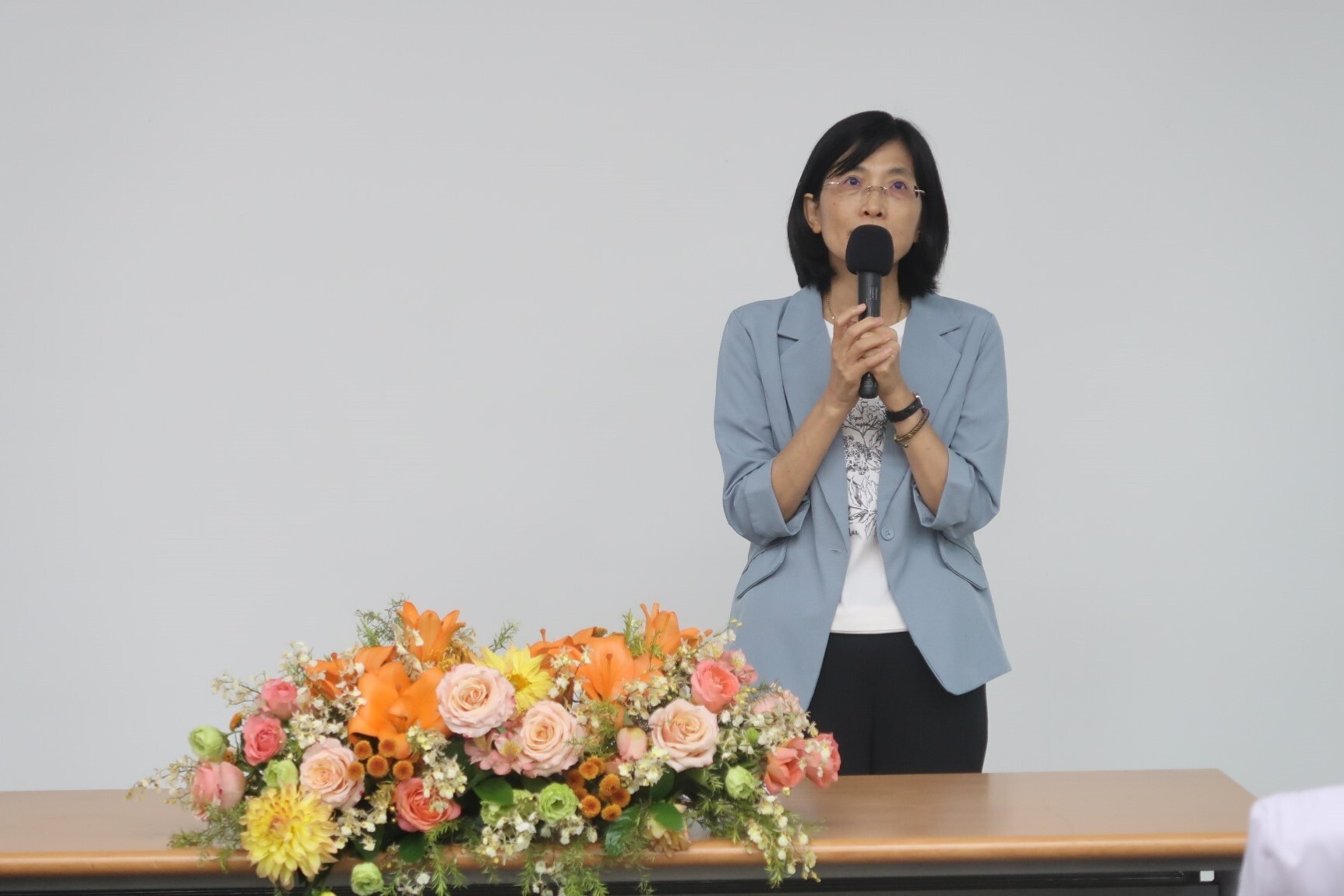
The opening ceremony on the morning of November 15 was hosted by Vice President Yu-nu Chen of National Cheng Kung University. Vice President Chen stated that the topics covered in this conference, including social practice, decolonization, and cultural heritage, have been important directions for NCKU's university-wide Taiwan Studies program and the College of Liberal Arts.
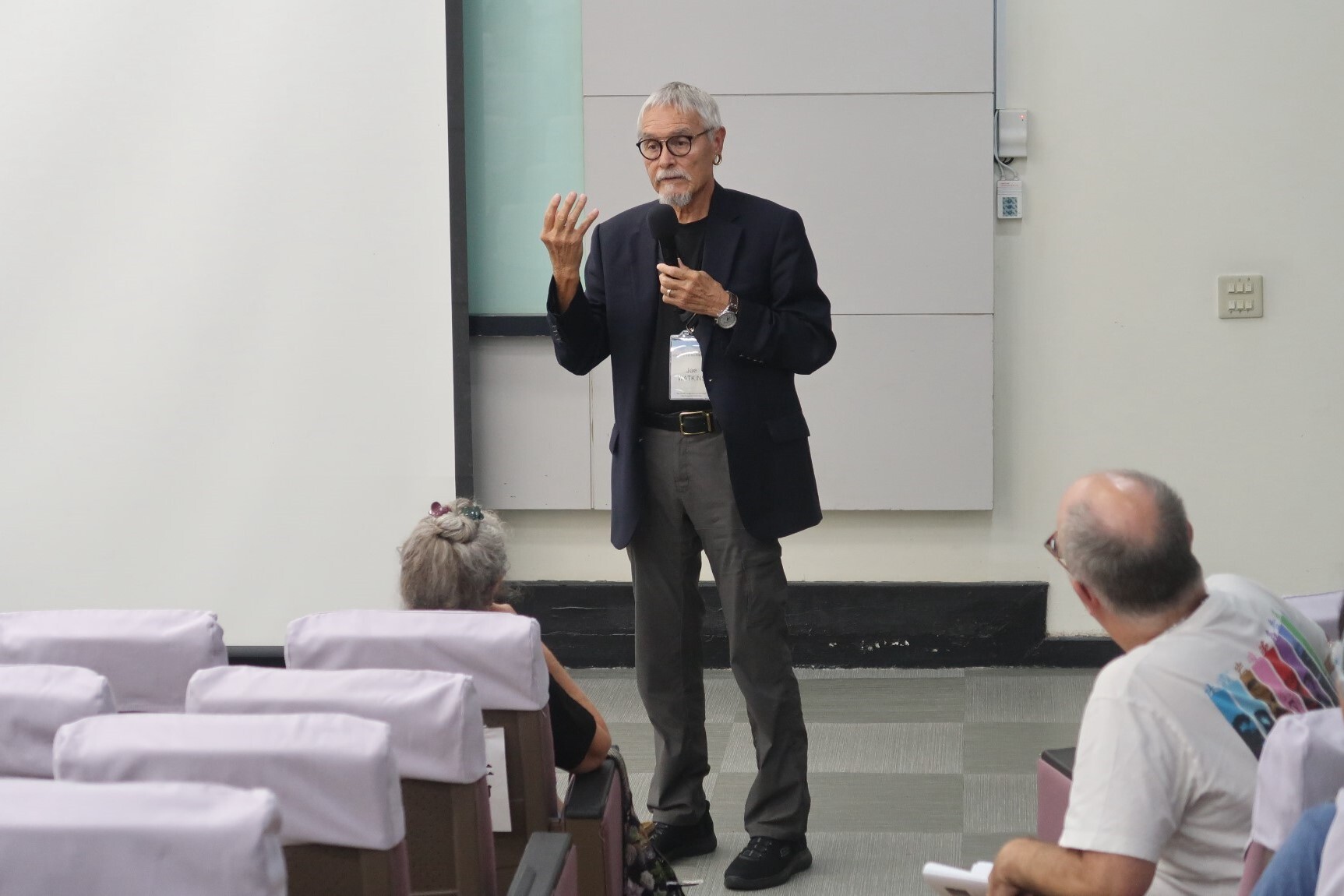
The first keynote speech of the conference was delivered by Joe Watkins, an internationally renowned scholar in Indigenous archaeology. He shared profound reflections based on his 25 years of research experience.
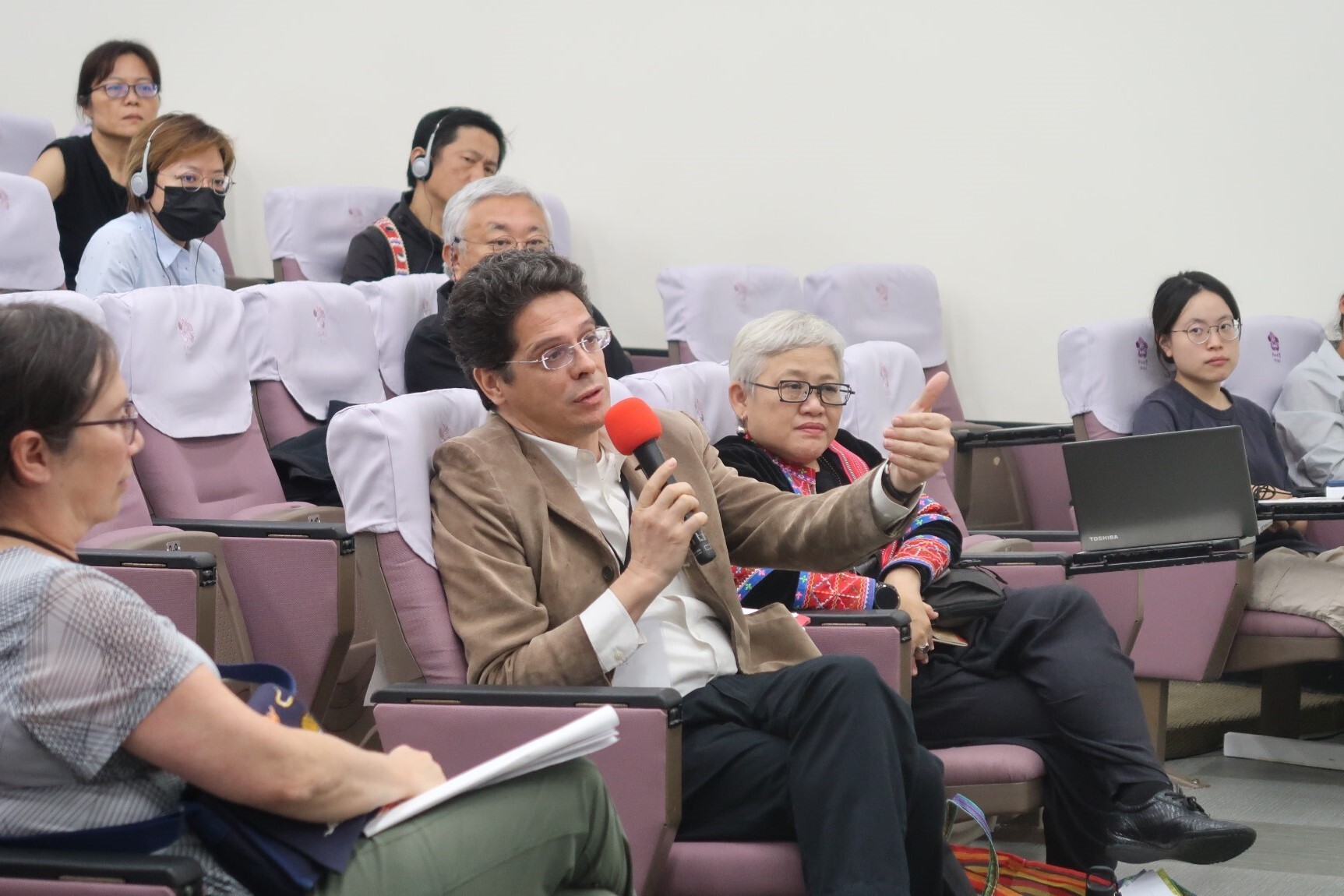
The National Cheng Kung University (NCKU) Department of Archaeology, in collaboration with the French School of Asian Studies (EFEO), organized the "Asia-Pacific Indigenous Archaeology and Cultural Heritage International Conference" in 2023, which received enthusiastic responses from various sectors. This year, the scale of the event was expanded to host the "Pan-Pacific Indigenous Archaeology International Conference" in 2024. In the image, the speaker is Frank Muyard, Director of the French School of Asian Studies (EFEO).
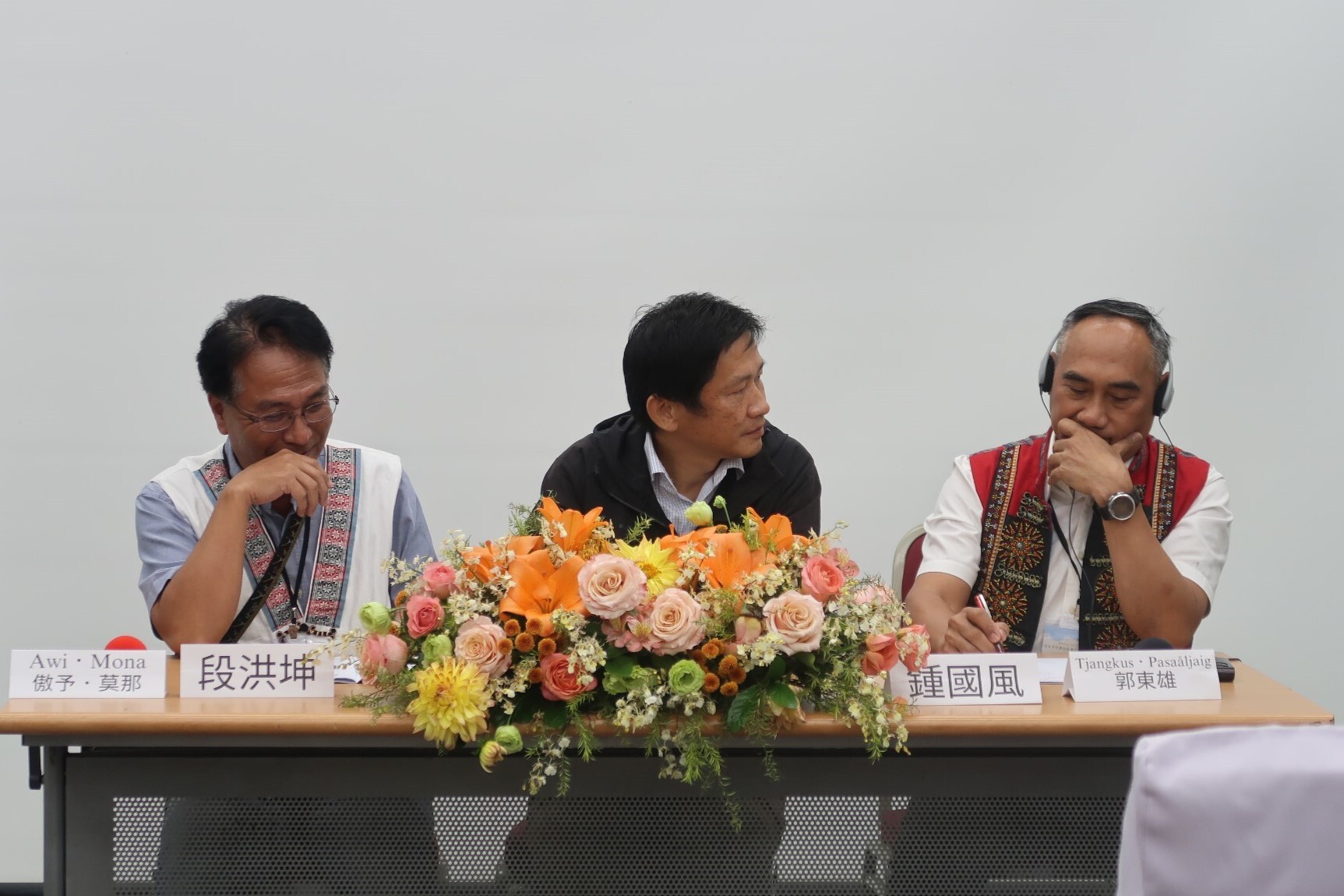
This conference focused on topics such as the preservation of indigenous cultural heritage, archaeological research, and collaborative models with local communities. It highlighted the current challenges and future developments in indigenous archaeology. The image shows a panel discussion session where various experts engaged in a comprehensive discussion on these key issues.
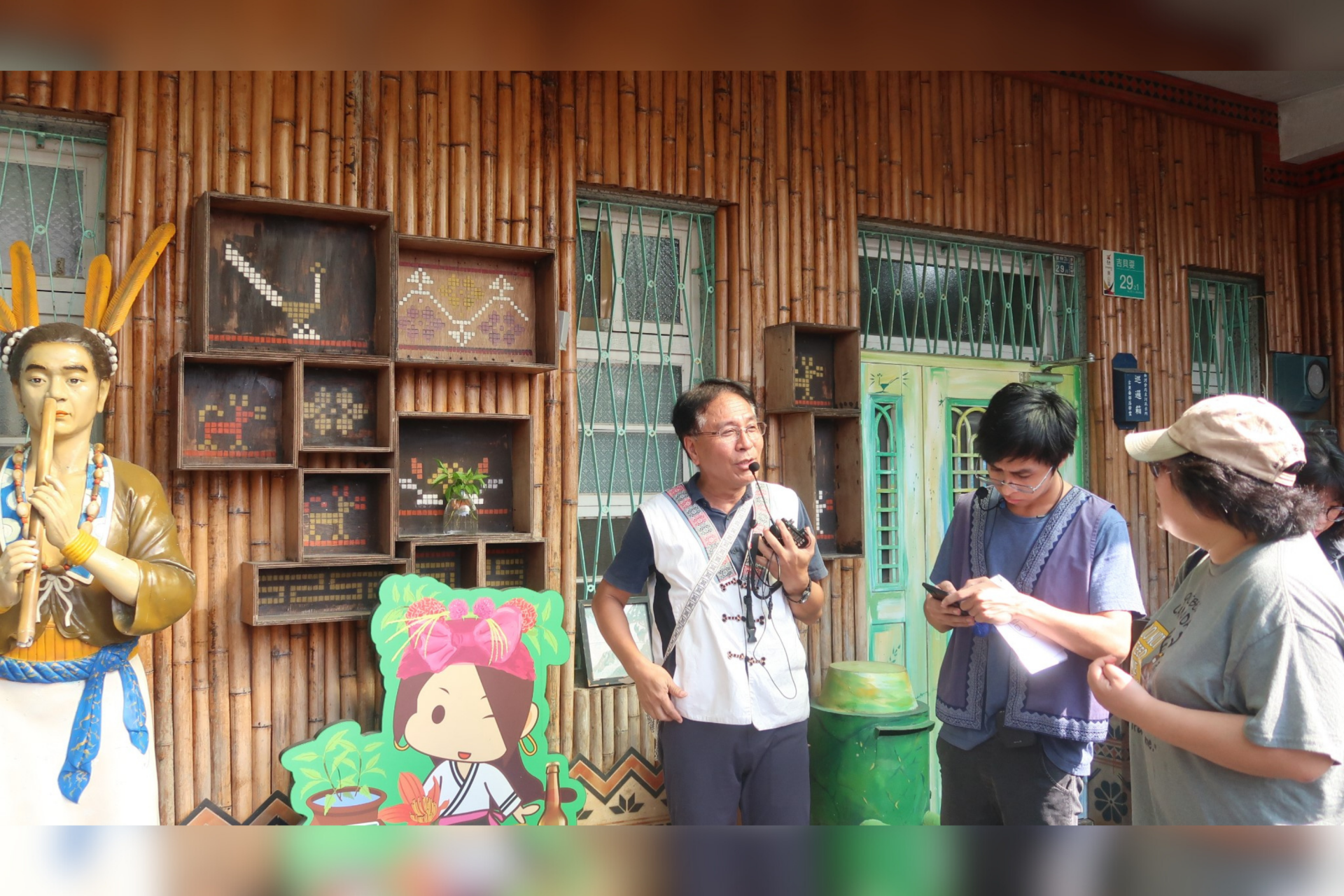
On the second day of the conference, November 16, scholars visited the Tainan Jiabei Shua Tribe. They were led by Mr. Duan kun Hong, the chairman of the Siraya Tribe Development Association, for a community walk through the tribe. This visit provided the scholars with an immersive experience of the tribe's culture and heritage.
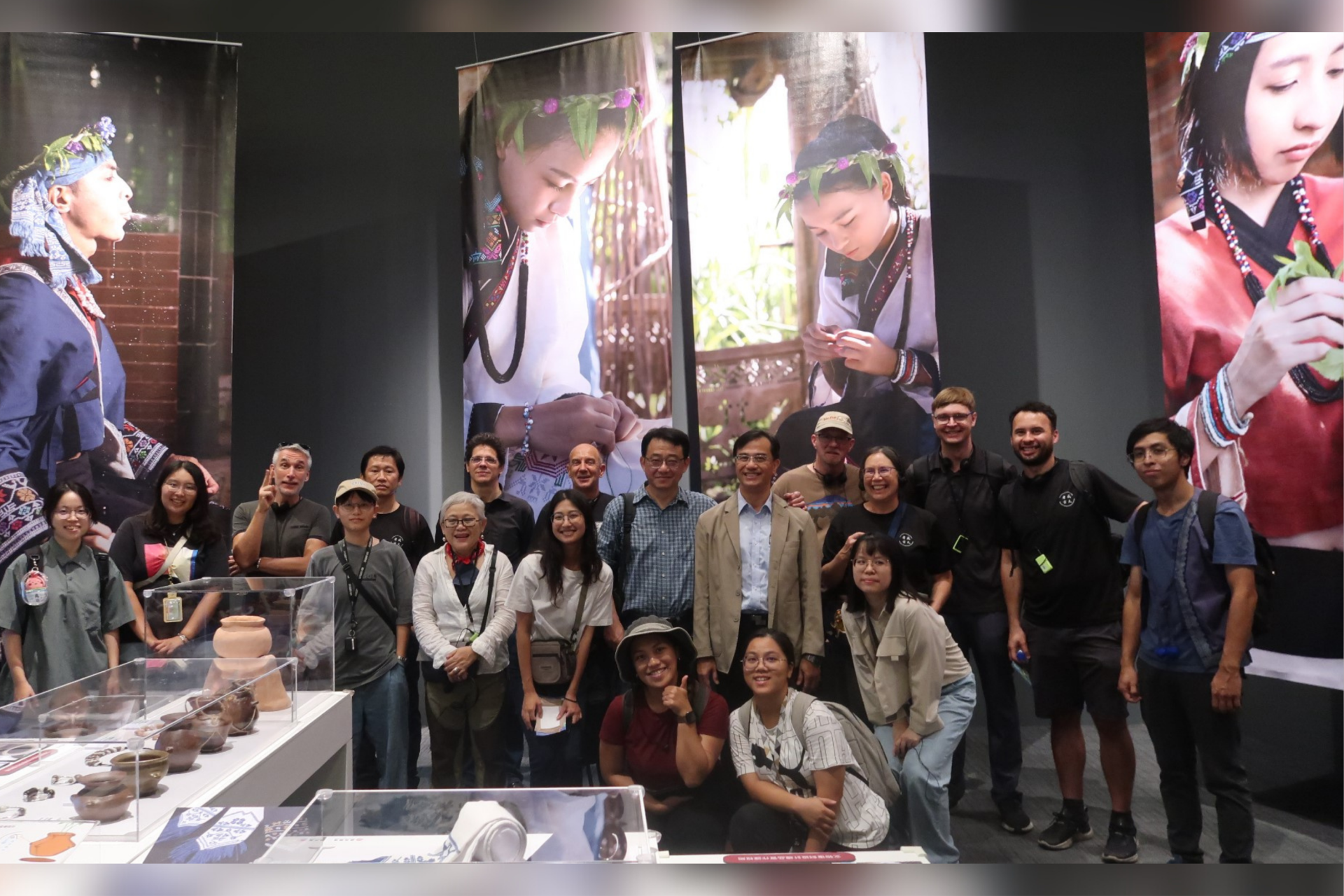
The conference participants expressed their hope to establish a long-term international cooperation platform to promote the sustainable development of indigenous cultural heritage in Taiwan and the wider Pacific region. The scholars also visited the Nanke Archaeological Museum during the event, further enhancing their understanding of the region's archaeological and cultural significance.
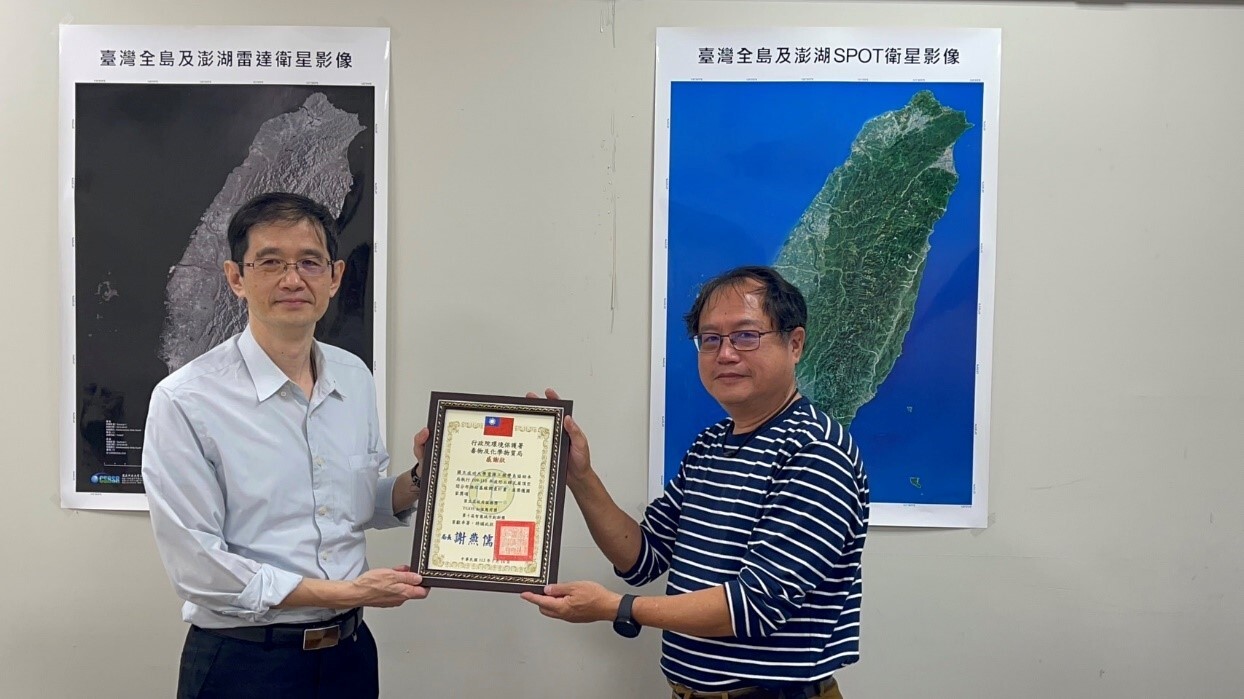
SDG11AI Helps Protect the Environment: NCKU Resource Engineering Asbestos Roofing Remote Sensing Team Wins 3 National Awards.
View more
SDG11Ethnography Beyond the Classroom: Showcasing Multimodal Translational Learning in the Community through “Human & Object Studies”
View more